Thomas Alva Edison
- Thomas Edison invented the gramophone (also known as the phonograph) in 1877.
-Edison's gramophone was the first device to be able to reproduce recorded sounds as well as recording them.
-The sounds vibration waves are preserved as grooves engraved into the surface of a rotating disc (usually vinyl) or cylinder.
-As disc rotates, the playback stylus dips into the grooves and traces the waves which then causes vibrations. This is how the gramophone works.
-'The Jazz Singer'(1927) was a half silent half musical movie introduced in the era of the 'talkies'.
-It was the first talking movie.
-It was directed by Alan Crosland and produced by Warner Brothers.
'The gold-diggers' 1933
- Directed by Mervyn Leroy and produced by Warner Brothers.
- It was an elaborate production and involved big amounts of choreography but was on video.
- This was highly popular as it was released during the depression era and it idealised glamour.
- It was also the first time people saw big productions on a cinema screen.
- It was an elaborate production and involved big amounts of choreography but was on video.
- This was highly popular as it was released during the depression era and it idealised glamour.
- It was also the first time people saw big productions on a cinema screen.
Alexander Nevsky (1938) by Sergei Eisenstein (Soviet
Russia Propagandist film maker)
- Its score was composed by Sergei Prokofiev.- It was a first time soundtrack that was specifically commissioned for the use of propaganda.

Fred Astaire
- This was where Hollywood began bringing musical and big stars into film.
- He starred in the musical 'Top Hat' in 1935.
Fantasia, Disney 1940
- Walt Disney was trying to get his audience interested in classical music by making a cartoon to go specifically with the music.
- Starred in 'Singin in the rain' in 1952.
- Focused on the dramatic context.
- This was the peak of musical films and made huge
stars out of singers and dancers.

Leonard Bernstein 1961
- TV well established.- He made a stage musical based on ‘Romeo and Juliet’.
- He made musicals into films.
Elvis Presley
- Created an explosion of rock and roll, youth culture and the idea of a teen.
- Young people could identify with Presley and felt a sense of belonging to them.
- Created an explosion of rock and roll, youth culture and the idea of a teen.
- Young people could identify with Presley and felt a sense of belonging to them.
Ready Steady go: mid 1960's
- Live performance in order to sell the band- visually miming.- It was dedicated specifically to music.
- Record companies started to see the potential in the
commodification of a bands image for tv.
- As they were miming it gave the illusion of a live performance.
- Aired every Friday evening.
- As they were miming it gave the illusion of a live performance.
- Aired every Friday evening.
A hard day’s night- the Beatles
-Directed by Richard Lester in 1963.- Involved a record company making a promo for a band.
Top of the pops
- Predates Radio 1.- It was made by the BBC.
- It was broadcast weekly on a Thursday night between the 1st January 1964 and 30th july 2006.
- It was originally where people would find out what the weekly no. 1 was.
- Record companies would try and get artists on there.
- If not possible to get an artist (e.g. a band from the USA) you would either have a performance recorded elsewhere or the song played and the camera would pan around people.
- Videos started to be made in order to get your band on as many commercial programmes as possible.
The Monkees
-Totally fabricated US band styled on the Beatles with
Anglo-centric reference.-Good quality production values.
-Total control and cultivation of the artist by the industry.
-From this to Simon Cowell.
-Was a sit-com series which was made to sell the band.
-Early example of convergence.
David Bowie (1972)
-Started as a mime artist.-Often portrayed characters (Ziggy Stardust, Jean Genie).

1975-
Video becomes as important as the music as an artistic creation in its own right.
The Who- Rock Opera 1973, Quadrophenia Film 1979
-A feature length film with one band’s songs that became a
landmark film in representations of British Youth Culture.MTV 1981
- First music only TV station with the music guided by VJ’s (Video DJ's).
- Massive impact on pop culture and music industry and contributes to the importance of the music video.
- As more music video channels and the internet impacted upon MTV, their content diversified.
Thriller-Michael Jackson (directed by John Landis)
- 1983, landmark merging of film making and music video.
- Often seen as the most commercially successful music video of all time.
- 14 minutes long.
- Screened after watershed.
Peter Gabriel, 1987, Sledgehammer
- Big experiment with stop motion and animation.
- Gabriel lied under a glass sheet for 16 hours.
Madonna, Like a Prayer 1989- Big experiment with stop motion and animation.
- Gabriel lied under a glass sheet for 16 hours.
- Went to number 1 in the US.
- Was controversial due to religious and sexual iconography.
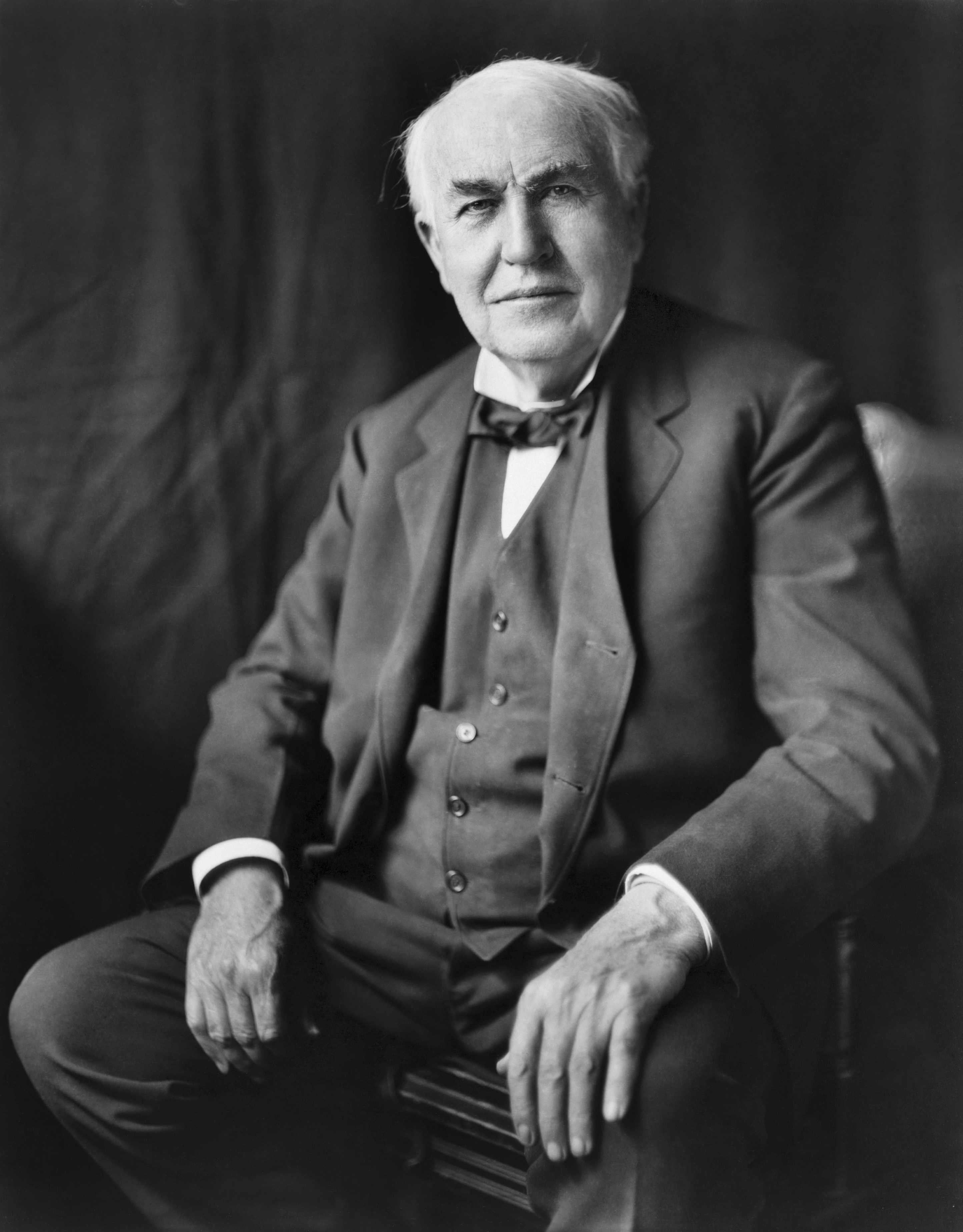


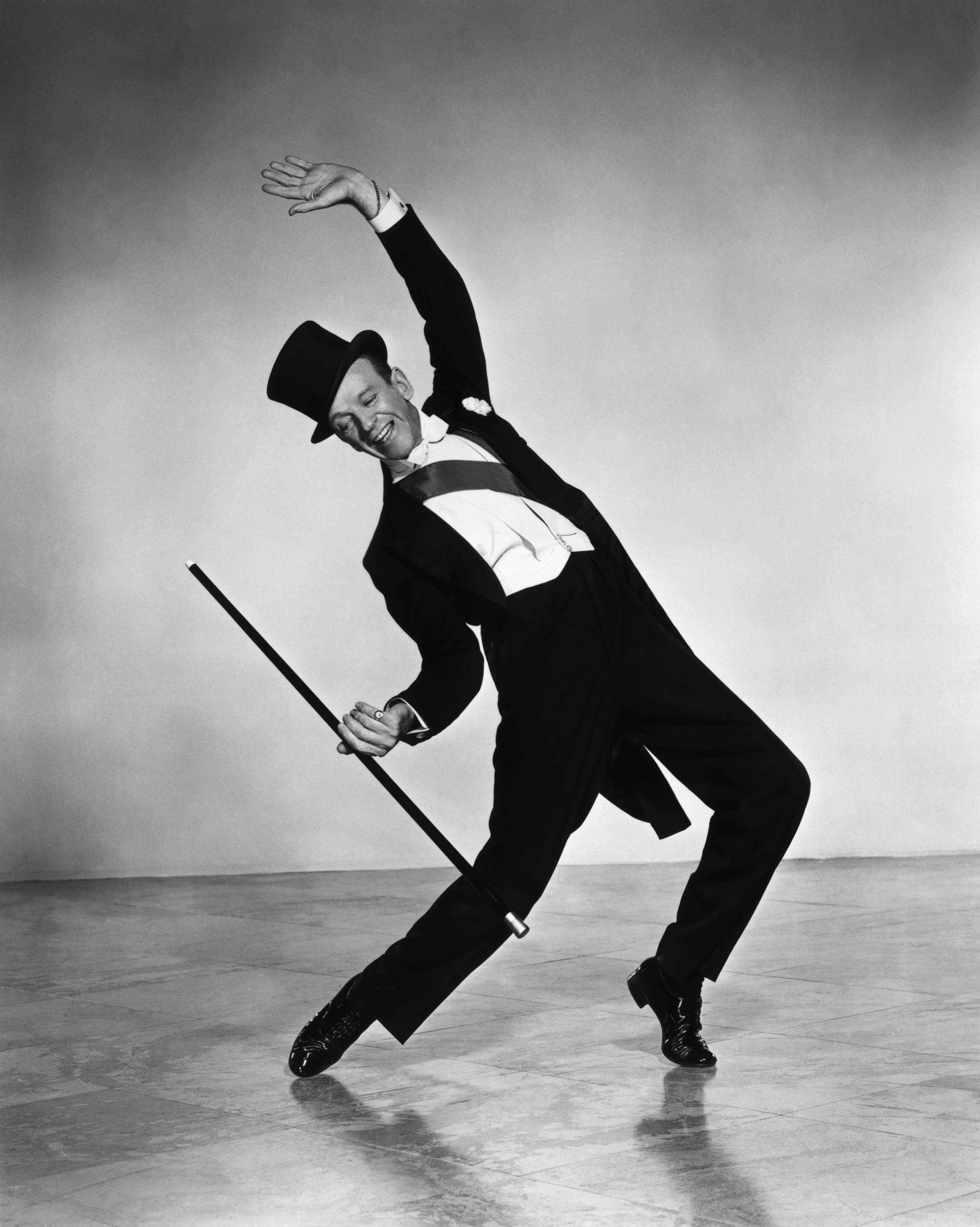



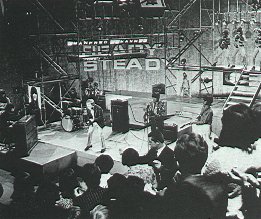


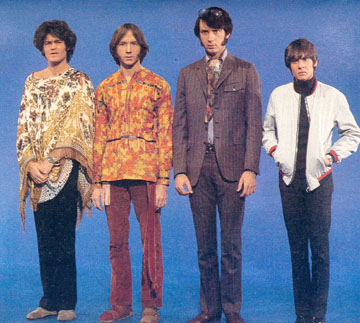


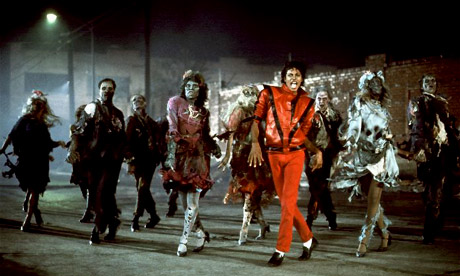


No comments:
Post a Comment